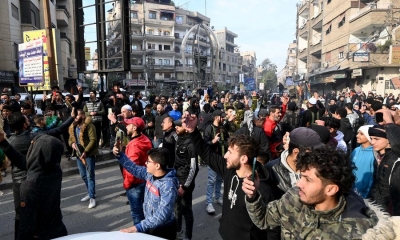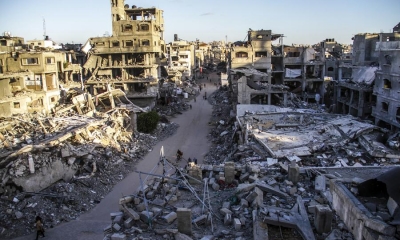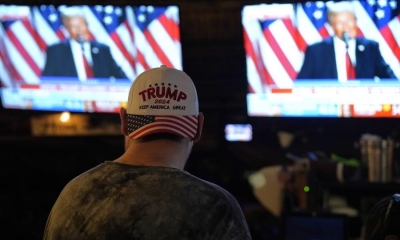Will Trump Play a Constructive Role in Regional Peace?
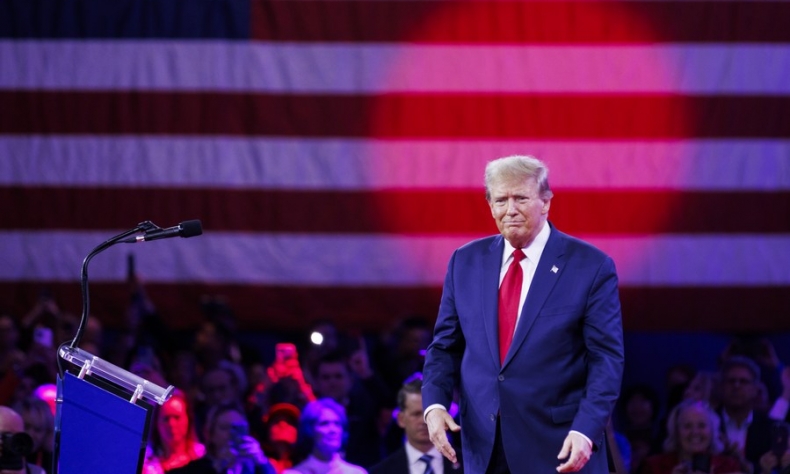
The present quagmires in the Middle East and in Europe were avoidable and should not have happened.
Will President-elect Donald Trump push a constructive and effective foreign policy in a changing world? Such a foreign policy would promote peace and development but hawkish appointments with Cold War mentalities emphasize hegemonism. The Middle East and Europe pose unprecedented challenges.
The trend toward a multipolar world is well established and internationally recognized. The international community no longer condones an international system dominated by Western hegemony. The majority of humanity desires a fair and just international system which upholds international law and the United Nations organization as a key institution to the maintenance of legitimate international order.
A new Middle East
The dramatic collapse of the Assad government in Syria brings about a new situation in the Middle East and a changing regional balance of power. The big winners are Türkiye and Israel. Because the so-called “Axis of Resistance” is vitiated now with the demise of Syria, regional powers must change their calculations and positioning.
The Middle East must be viewed in its overall context of Arab states, Israel, Türkiye, and Iran. Through the centuries this regional situation has changed like a kaleidoscope. Twists and turns with rises and falls are recurring and inevitable.
Syria was exhausted by Washington’s sanctions and regime change policy. The demise of the Assad family rule over Syria has been a fixed U.S. goal for decades. The timing of its sudden collapse was a surprise to many but its fatally weakened state was no surprise to anyone.
Türkiye, which ruled the Arab world nearly a century ago, now finds itself in a stronger regional position as does Israel. Iran must reposition itself in region.
For Türkiye, aside from neo-Ottoman ideology and economic considerations, there are important security issues involving the Kurdish population in north Syria. The main issue involves what Ankara perceives as terrorist Kurdish anti-Türkiye forces who operate in northern and northeastern Syria. These forces of the SDF are said to have close ties with the PKK terrorist organization that operates inside Türkiye.
Washington supports these SDF Kurdish forces in Syria, and Kurdish separatism, which places the U.S. at loggerheads with Türkiye. While the U.S. does deem the PKK a terrorist organization, it nonetheless supports the SDF as an instrument of control over the resource-rich eastern Syria with its hydrocarbons and wheat fields. The Turkish-backed SNF forces are in conflict with the SDF forces.
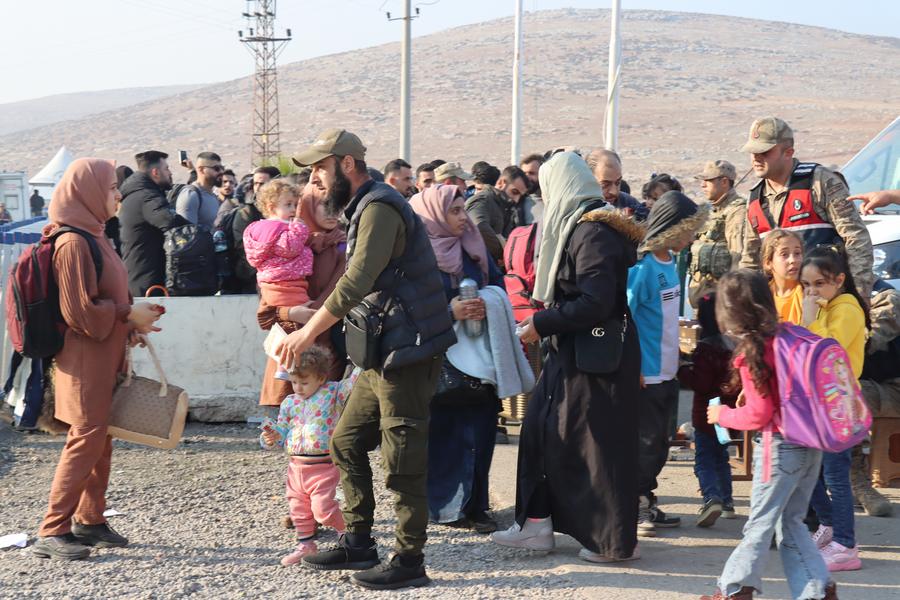
Syria which has been a key historical factor in the region is no more. At present, Syria is decimated and all but partitioned into three zones: northwest controlled by Türkiye, southwest controlled by Israel, and the resource-rich east of the Euphrates River dominated by the United States.
The devastating neutralization of Syrian military capabilities has been achieved through the Israeli air campaign destroying the military capabilities of the former Syrian state. Israel which has illegally occupied the Golan Heights also pressed an invasion eastward from there into Syria. It now occupies Syrian land equivalent to three times the size of already occupied Gaza.
Israel through its seizure of Syrian territory now controls the strategic Yarmuk Valley. The valley which has an important dam is a key source of water for Syria as well as for Jordan. It is not likely that Israel will give up this valuable territory in the near or even medium term. Israel claims that it needs this territory as a “buffer” for Israeli security requirements. Additionally, water resources have always been part of Israel’s strategy.
Iran must now recalculate its regional strategy. Tehran has used its support for the “Axis of Resistance” as a way to exert regional influence. Thus, Iran has supported Hezbollah in Lebanon as well as Hamas in Gaza. With the collapse of Syria this is no longer a viable strategy.
The logical move for Iran under the new circumstances is to continue to strengthen relations with Russia and to play an active role in various platforms such as BRICS and the SCO. This means a shift of emphasis eastward towards Central Asia and beyond and away from a westward policy involving the Axis of Resistance. Such a move can also be used to reposition vis a vis the United States and the European Union and to attempt some sort of normalization process that would remove sanctions.
The war in Ukraine
The war in Ukraine has been a central feature of the European situation for the last three years. Some military observers say that Russia has “won” the war in military terms as Ukraine is devastated. But the dilemma confronting both Russia and Ukraine, not to mention Europe, is how to get to an agreed upon peace settlement.
Although there have been several good faith efforts by various countries including China, Brazil, and Hungary, a peace settlement seems a distant prospect. Of course, it is to be hoped that 2025 will see a change for the better in terms of peace diplomacy. Notwithstanding the war continuing into 2025, there is always the possibility of reinvigorated diplomacy. Peace diplomacy can and should go on behind the scenes even while the war continues, particularly if such diplomacy can shorten the war.
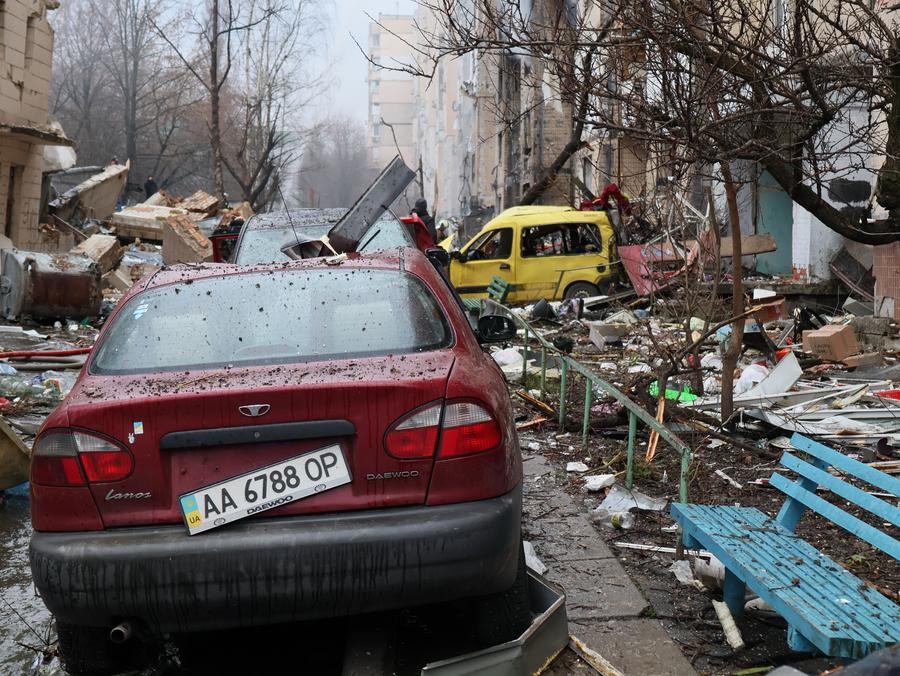
Logically, a ceasefire is one objective but this must be linked to an overall diplomatic process. Such a process, however, must not just narrowly focus on ending the war. The process must include a Europe-wide objective and process to establish a new security architecture for Europe. While this is a tall order, what sensible alternatives are there?
What will Washington do in 2025?
It is an open question as to what the Trump Administration will do. There has been much campaign rhetoric and much hawkish bluster. But after January 20, 2025, the Trump administration will confront a turbulent situation in the Middle East and in Europe.
The incoming secretaries of state and defense are well-known hawks as is the new national security advisor. Although hawks in Washington want to focus on the so-called “China Threat”, the situations in the Middle East and in Europe require serious attention.
The incoming director of national intelligence, Tulsi Gabbard, is viewed as more moderate. It may be that the intelligence community under her leadership can provide assessments that lead to some restraint and prudence on the part of the White House.
The present quagmires in the Middle East and in Europe were avoidable and should not have happened. But longstanding U.S. and Western policy has been to destabilize Syria and to move NATO to the Russian border.
The incoming Trump administration should discard destabilizing and counterproductive policies and seek peace in the Middle East and in Europe.
The article reflects the author’s opinions, and not necessarily the views of China Focus.
 Facebook
Facebook
 Twitter
Twitter
 Linkedin
Linkedin
 Google +
Google +





